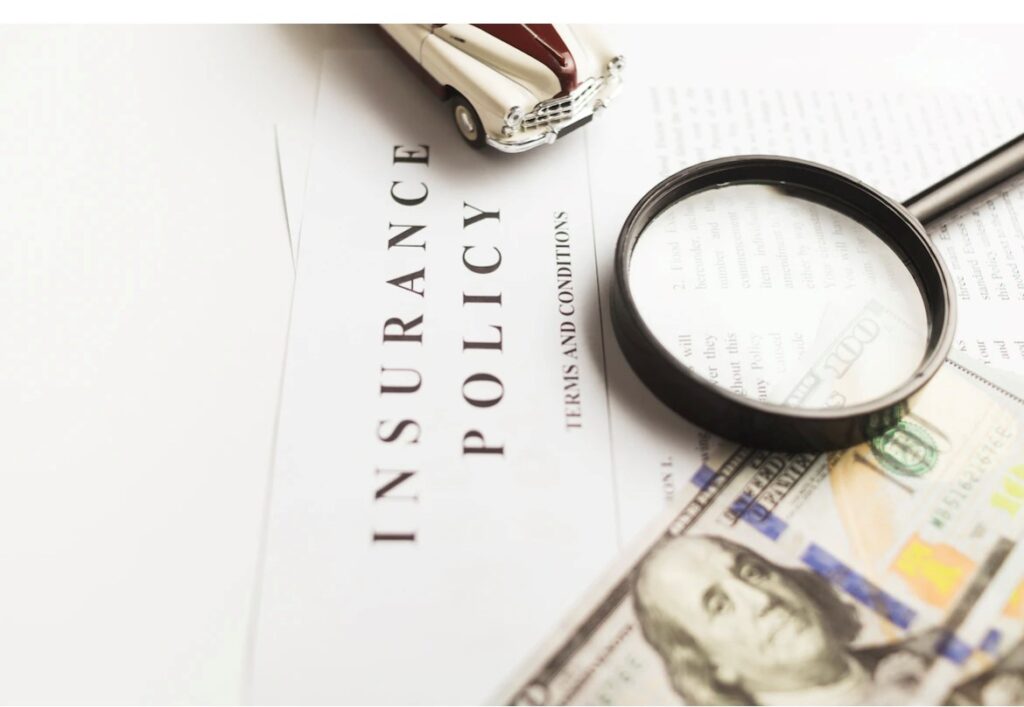Client Question: Life Insurance
April 27, 2023
Every once in a while, I have a topic come up in multiple client conversations in a given week – and this week that happened with life insurance. I’m taking that as a sign that it’s a good time to cover a few considerations with this topic!
Please note that I’m not going to address the specific types of policies herein or the mechanics of how they work (that could take quite a few posts!) Instead, I’ll share some best practices and things to consider as you evaluate this key component of your financial well being.

Risks then products
One thing I always stress when it comes to life insurance (and any type of insurance) is start by carefully assessing what the risks are you are trying to insure against. Once you know the risks, you can find the product to cover them. This is not always an easy exercise but it is essential that you start here. If you approach it from a product-first perspective (which tends to be what I see in the industry), it’s likely you won’t end up with a product that suits your individual needs.
How do you know your risks? When it comes to life insurance, the risk (as hard as it may be to think about) is that you die and are no longer here. The magnitude and impact of that risk will vary based on a whole host of factors – including (but not limited to) if you are married, have dependent children, have meaningful levels of debt, your role in your household (primary caregiver, primary earner), need/desire to achieve tax efficient transfer of wealth, and many others. Goes without saying, the risk will vary greatly by individual and will evolve as your life evolves.
If you have life insurance – or are thinking about adding or removing coverage – start with an honest assessment of the risks that would follow if you were to pass. Think about what exposures your loved ones would have if you were gone tomorrow (again, hard to do – but important). From there, you will be much better equipped to find a product that suits your needs.
Costs versus benefits
Another item to consider when evaluating life insurance (and most purchases) is the cost of the various policies versus the benefits. There are a whole host of insurance products to choose from (term life and whole life being the two main types). All have associated benefits – and resulting costs (known as premiums). It sounds incredibly obvious – but take all the time you need to understand both fully before proceeding with any decisions. Just because a given policy is cheaper doesn’t mean it’s better – and vice versa.
Acting early may have benefits
For most people, life insurance isn’t a primary concern until they have a major life event (such as marriage or children). However, it may be wise to act well in advance of when you have a specifically identifiable risk. Why? Because we all have an underlying risk – degradation of our health. While you are young and healthy, life insurance is relatively cheap to obtain (especially term). However, should you have a change in health (before the time you actually see a need for life insurance), suddenly getting life insurance may be cost prohibitive (as your odds of passing away are increased). Establishing insurability early in life is a sound approach as none of us know how long we will remain healthy.
Don’t forget about employer coverage
It’s often forgotten that many employers provide some level of life insurance (usually stated as a multiple of your salary). Further, during open enrollment, many companies also give you the option of buying additional coverage via payroll deduction. When evaluating life insurance, be sure to take into account your employer coverage but keep in mind – should you move jobs or lose your job, that coverage will not follow you. And if you are thinking about buying additional coverage via your employer, consider getting an outside quote for comparable coverage. The lack of portability of employer plans is a major concern – in addition to the fact that the premiums are usually higher via this route (provided you have good health) as there is usually no underwriting/higher risk participants. That may not be the case for you – but again, do the work to confirm that
Consult and collaborate
Perhaps the reason life insurance has come up so many times this week is that I routinely ask my clients about it! All types of insurance play a critical role our financial lives and can lead to very material challenges if not properly addressed. Life insurance is vitally important for many of us but in order to be most impactful, it needs to be considered in the context of your specific situation and consolidated financial picture.
Such evaluations can be challenging to complete on your own – in addition to the fact that the products themselves can be complex and hard to understand. That is why it’s so important to consult and collaborate with someone you can trust. I pride myself on being an independent interpreter of these products for my clients but I also rely on a few trusted life insurance agents to lend their expertise. The commissions they earn will always be an inherent conflict but you can work thru that if you are confident in the questions you are asking and the thoughtfulness of their replies.
If you have life insurance in place – or aren’t sure if you should – I suggest taking the time to consider your situation and reaching out to your trusted contacts to assess the specifics. It’s a key part of any financial journey and should not be overlooked.
Leave a note